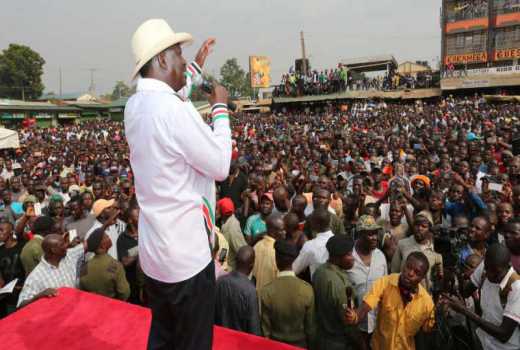
Once again, the Opposition has assured us that plans to swear in Raila Odinga and Kalonzo Musyoka are still on track. They have promised that this will happen before the end of January. For this, the Opposition team must be congratulated for being as persistent and tenacious as mosquitoes. But they must also be criticised for being as confused as cattle on astroturf.
And I say this because the Opposition has so far been painfully inconsistent in its words, and pitifully fickle in its actions. What they say will happen, does not happen, and what they say will not happen, happens. Case in point is the October 26, 2017 presidential elections, another is Raila’s December 12, 2017 swearing in, another is the economic boycott. Their actions have also been contradictory - they have formed a ‘strong’ resistance movement whose most visible effort has been producing slogan tee-shirts urging us to ‘Resist!’ How terribly disappointing.